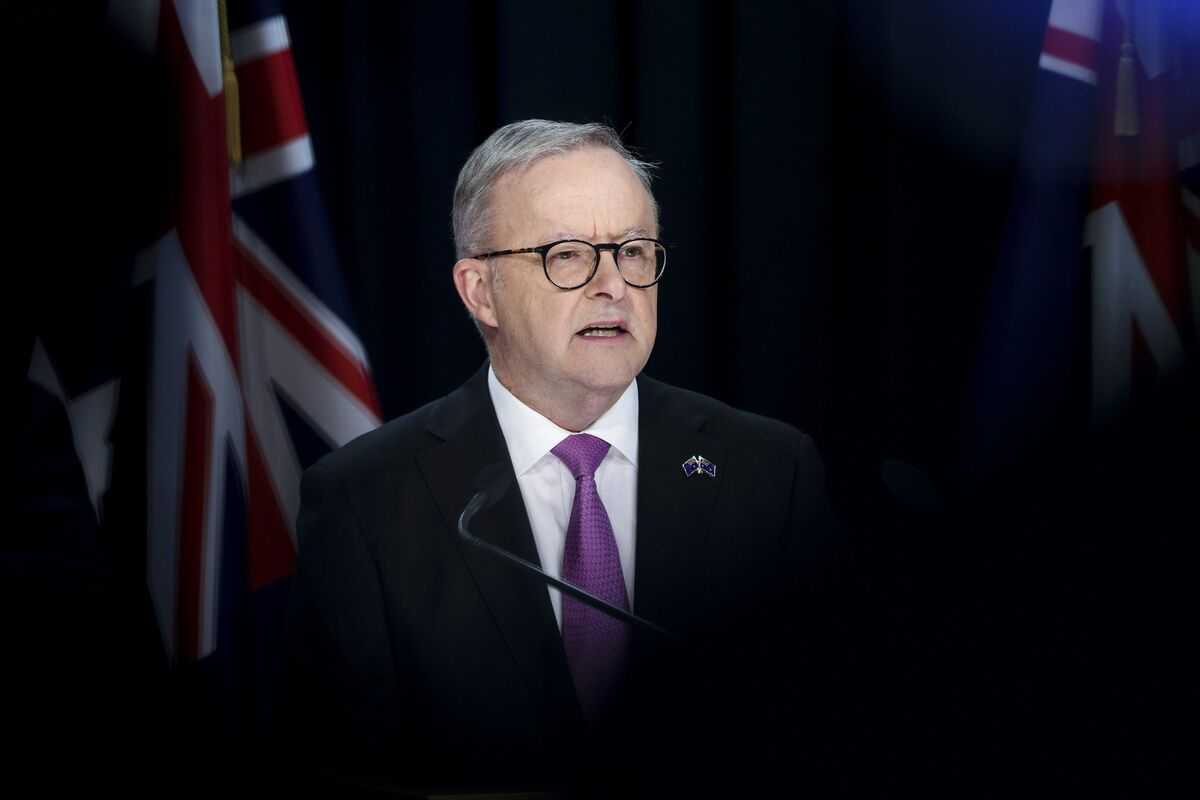News
Nauru’s Diplomatic Switch from Taiwan to China not prompted by financial handout from Australia, says Albanese government

The Albanese government has denied claims that Nauru requested financial aid from Australia to avoid switching diplomatic recognition from Taiwan to China. The Minister for the Pacific, Pat Conroy, clarified that Nauru had informed Australia in advance of its decision. Conroy emphasized that Australia has maintained excellent relations with Pacific Island nations that recognize either Taiwan or the People's Republic of China (PRC).
Conroy’s remarks came in response to anonymous Taiwanese officials who stated that Nauru’s decision was partially influenced by Taiwan’s refusal to provide an additional $125 million in funding. The officials claimed that Nauru needed the money to fill a budgetary shortfall caused by the temporary closure of an Australian-funded asylum seeker processing center. However, Australian sources have contradicted these claims, stating that the processing center has always remained operational and funded by Australian taxpayers.
Nauru’s decision to switch diplomatic recognition to China has raised questions about its interactions with the Albanese government. Opposition foreign affairs spokesman, Simon Birmingham, called for transparency regarding any discussions or financial payments between Australia and Nauru. However, Conroy stated that Nauru did not request financial support from Australia to maintain its recognition of Taiwan.
With only 12 countries currently recognizing Taiwan diplomatically, including three in the Pacific, China’s diplomatic victory in securing Nauru’s recognition is seen as further evidence of its success in eroding Taiwan’s international standing. The Pacific region has become a battleground for influence between China and the West, with China using financial inducements to sway the allegiance of Taiwan’s allies. In 2019, both Solomon Islands and Kiribati switched recognition from Taiwan to China.
Despite Nauru’s diplomatic switch, Australia remains a significant partner for the island nation. Australian aid represents the largest foreign contribution to Nauru, and the two countries share close ties. Australia has allocated $46.1 million in foreign aid to Nauru, and the Australian dollar is the official currency of Nauru. Furthermore, Australian Rules football is Nauru’s national sport.
While Nauru’s change in recognition raises concerns about Australia’s security interests in the Pacific, Conroy highlighted the Albanese government’s efforts to strengthen relations with the region. He noted successful security agreements with Papua New Guinea and Tuvalu, as well as a recent visit from Fijian leader Sitiveni Rabuka. Conroy believes that the current government is reversing the previous trend of neglecting the Pacific under the Liberal coalition.
In light of Nauru’s switch, a US delegation has arrived in Taiwan to meet with the new government, a move that has further displeased China. Other countries, including Japan and several European nations, have also indicated their intention to send delegations to Taiwan.
The diplomatic maneuvering in the Pacific highlights the ongoing rivalry between China and Taiwan, with both sides seeking support and recognition from countries around the world.












